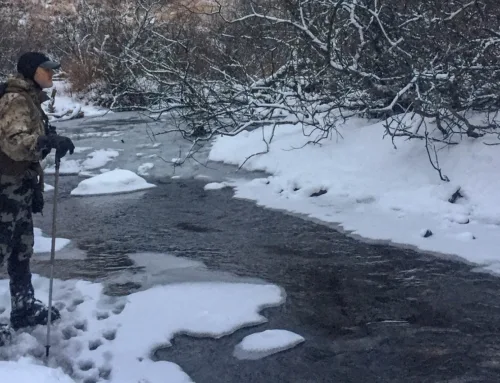Five Tips to Reduce Backpack Camping Weight
Reducing your backpack weight allows you to travel further, faster and more comfortably. That is why outdoor adventurers focus on packing light weight gear and just the essentials for backpack camping. It is important to determine your survival needs and never compromise your health or safety on the trail as you decide what to keep or discard from your backpack. Here are five tips to reduce your backpack weight while still carrying everything you need.
1. Pack Minimus
Pack Minimus in your food kit to maximize nutritional content for the least weight. This is the very reason this product was developed, to reduce pack weight and improve nutrition in the backcountry. Determine your caloric needs with an online calculator that will factor body weight, pack weight, time, distance and terrain of your planned trip. This will ensure that your caloric needs are met, and you aren’t carrying extra snacks and meals that you won’t need or eat- costing ounces and pounds of extra backpack weight. Minimus is powder light, but brings heavy nutritional value when you’re backpack camping.
2. Choose gear that has multiple uses.
Another way to reduce your backpack weight is to eliminate redundancy. Never pack more than one of the same item and select gear that can serve multiple uses. There are tents designed to utilize a trekking pole for the tent pole and tents that double as a poncho. This clever multipurpose gear can reduce weight of your pack while providing backpack camping solutions.
3. The big three: Tent, sleeping bag and backpack
The three heaviest items for a backpack camper to consider are their tent, sleeping bag and the backpack itself. There are many lightweight products on the market. It’s worth researching and investing in high quality items that are durable, functional and lightweight.
4. Use the Buddy System when Packing
Often folks will go backpack camping with at least one other companion if not more. A tip to reduce pack weight while eliminating redundancy is by planning to share essential items with a buddy. For example, one person can carry the tent while the other carries camp cookware. When only one of each item can be used by multiple people, there is no reason to carry duplicates. This will reduce overall weight and distribute heavier items among your group.
5. Cut any unessential items
At the end of each trip, separate the items from your backpack that you did not use, determine why and whether you can eliminate it from your pack for future trips. This simple practice will help you put each outdoor experience to use and curate your backpack camping gear to know exactly what you will use.


